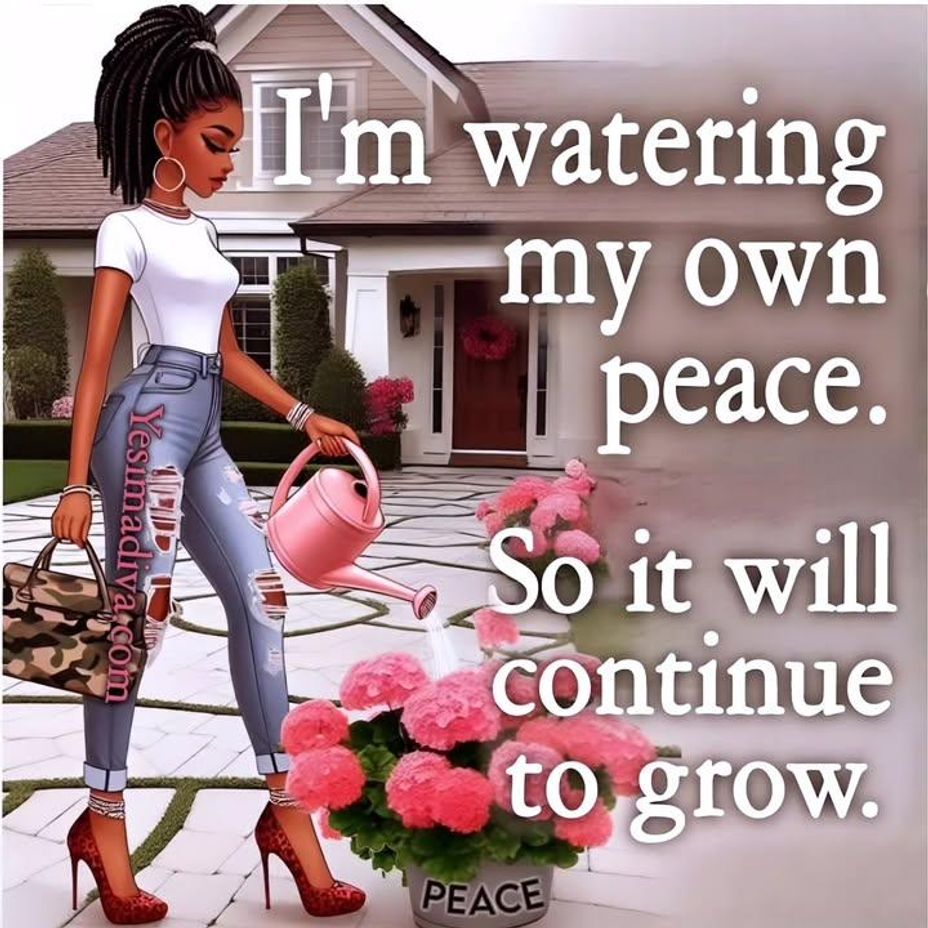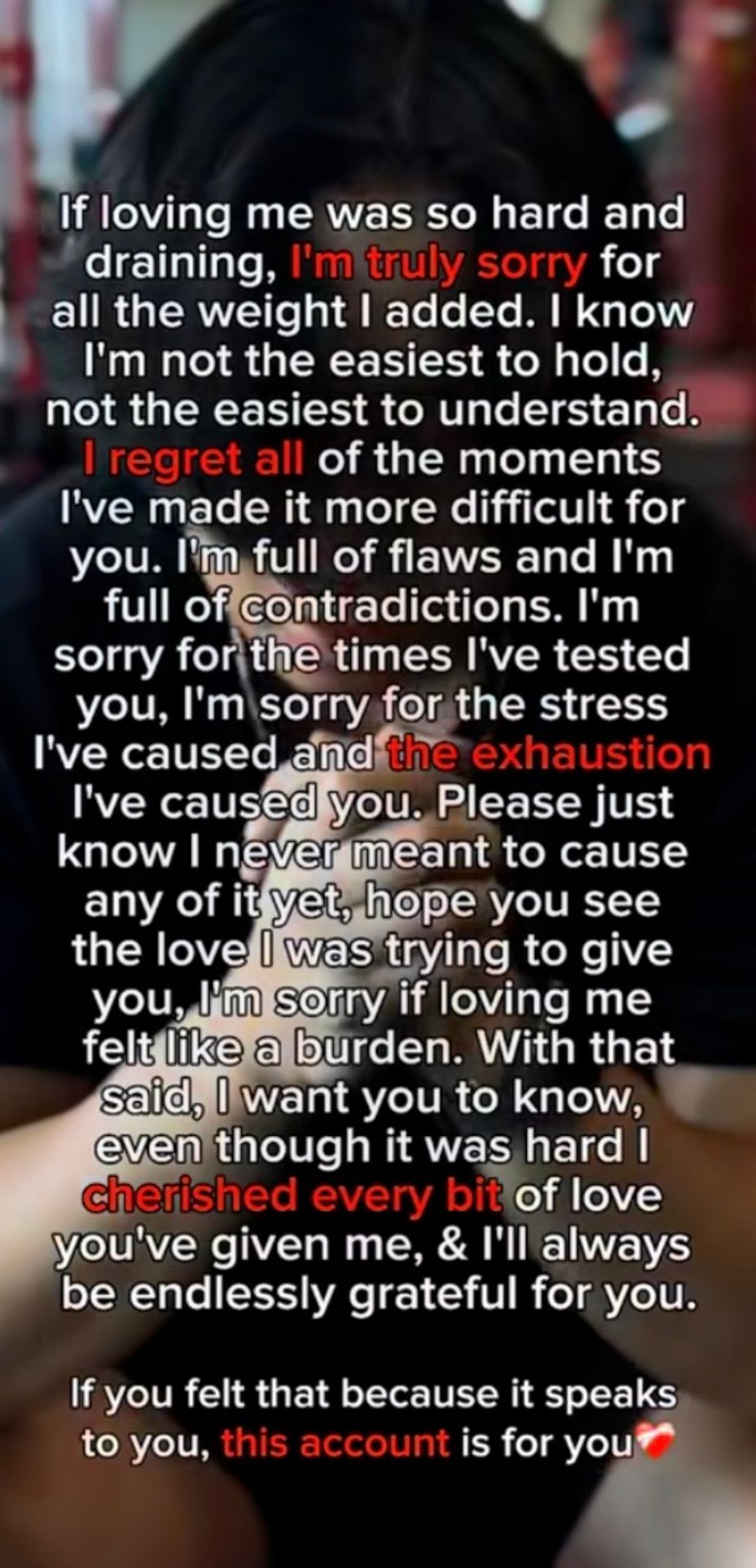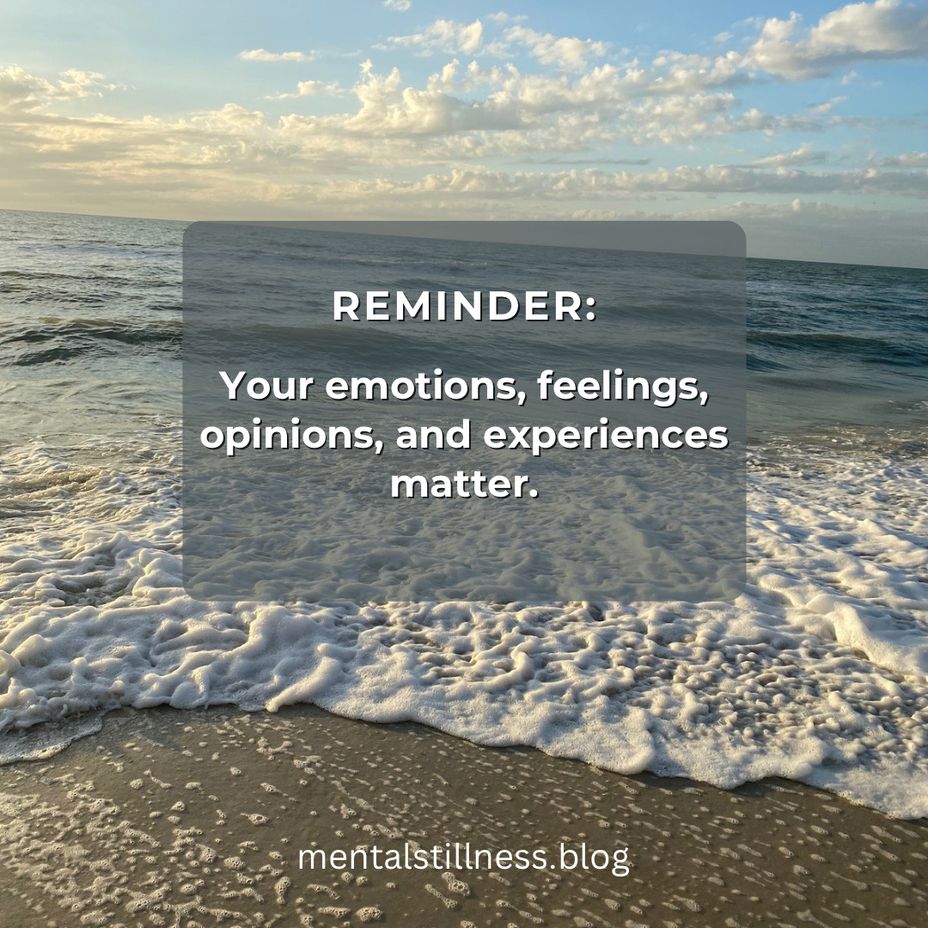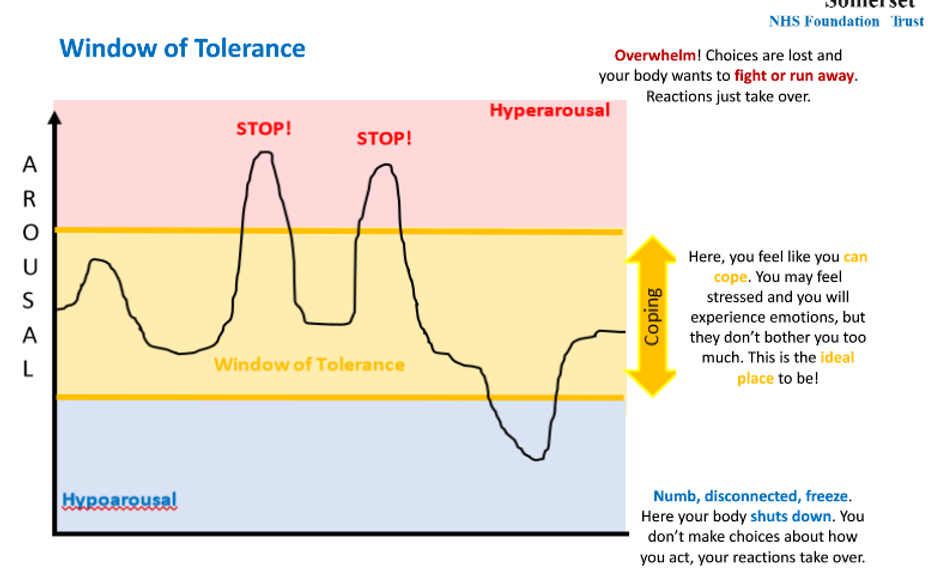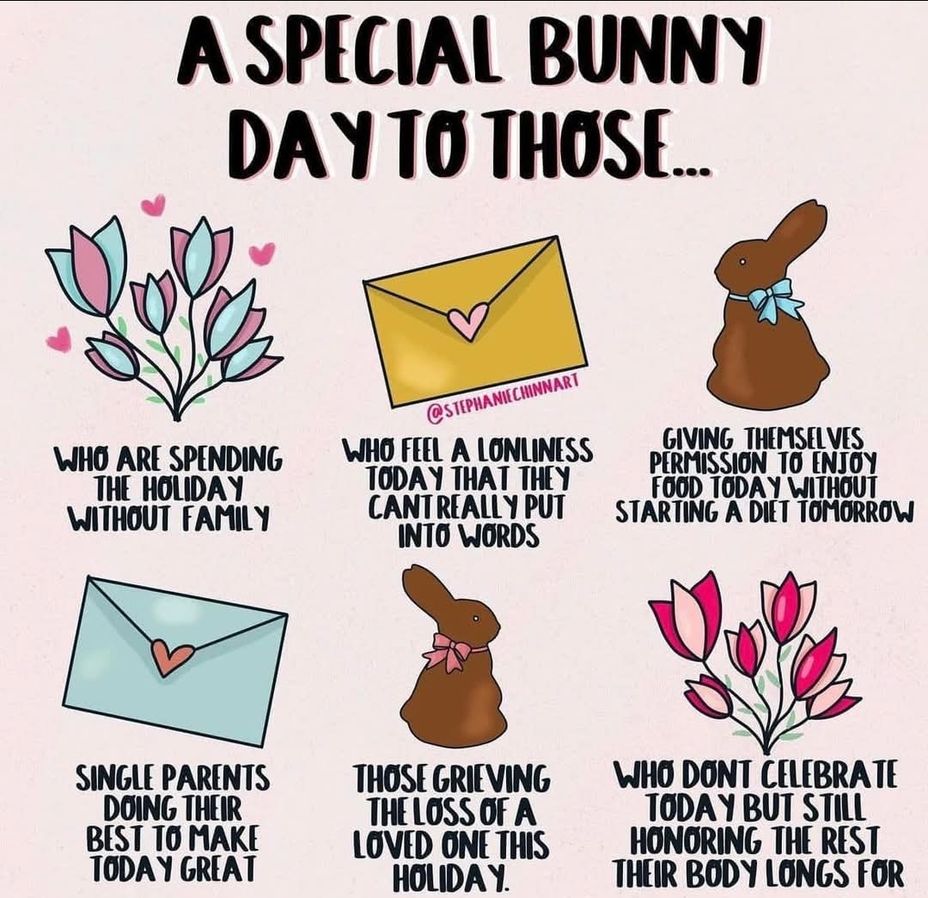Mental Disorders #AuditoryProcessingDisorder #livingwithbpd #Depression #Anxiety #TraumaSurviver #PTSDSupportAndRecovery
I have been diagnosed with BPD. I always suspected that I had it. I would tell my friends, my family members, and other close people to me.
No one believed that I had it. They said “you don’t look like an angry person” “you don’t look like you get angry. You look very nice”
Okay and?
What is a person with anger issues supposed to look like to you?
Ever since I officially got diagnosed I’ve spiraled a lot. Wondered if it’s even worth trying to “treat it” bc I read about it and this one page, well many pages said that its untreatable, that it won’t ever go away. That it stays with you for life. But you know what? I’m tired of having BPD. I’m tired of my psychological analysis. I’m tired of living “with BPD” maybe it’s real, maybe it’s not. Maybe it’s all made up. Or maybe it is real. Maybe is 100% real.
But I’m trying my best to make the choice for it to not affect me so badly no more.
Idk what I’m doing in life. I hate that i was brought into this horrible world as I’ve said many times to myself. But truth is I’m just scared. I’m scared of this world. I’m scared of people. I’m scared of dying. I’m scared for what comes after. I’m scared for what my life will be like in the next few months. I’m not struggling as much as I was just a week ago, or just a few days ago. But the thoughts haven’t left my head at all. The thoughts still and will stay temporarily.
But soon one day these thoughts won’t seem so scary anymore. And it looks like those days are getting closer, and I’m even more scared of what’s to come for me in my life. But at the same time I’m excited. But still so scared. I can’t believe some of the things I’ve heard people say, and their feelings, and the way they approach things and treat other people, even treat themselves.
